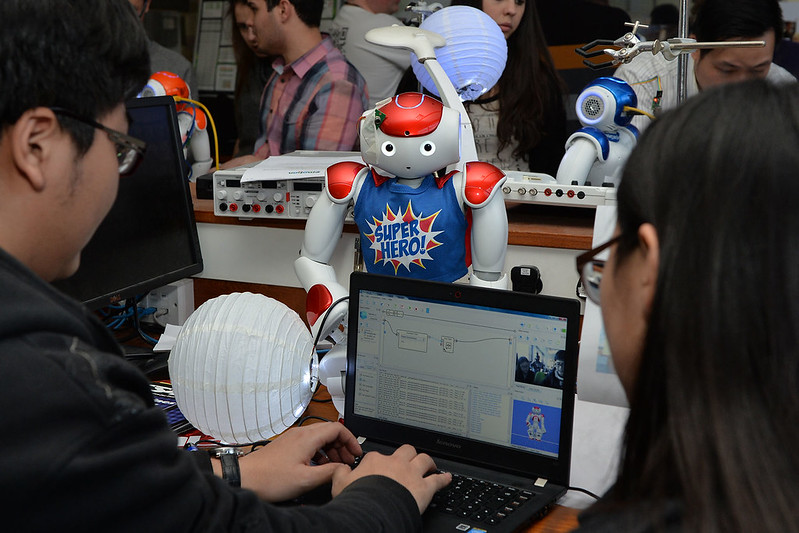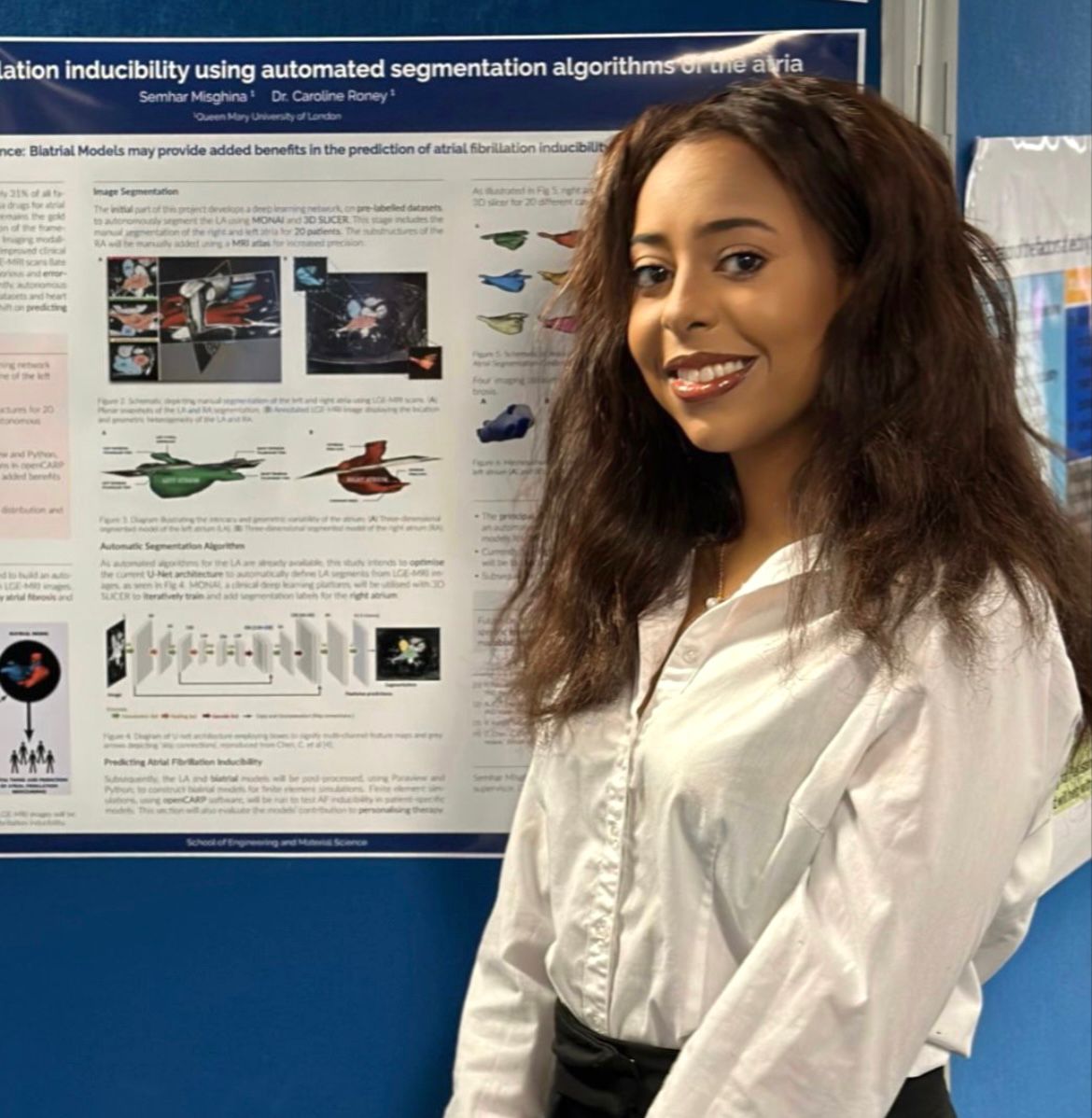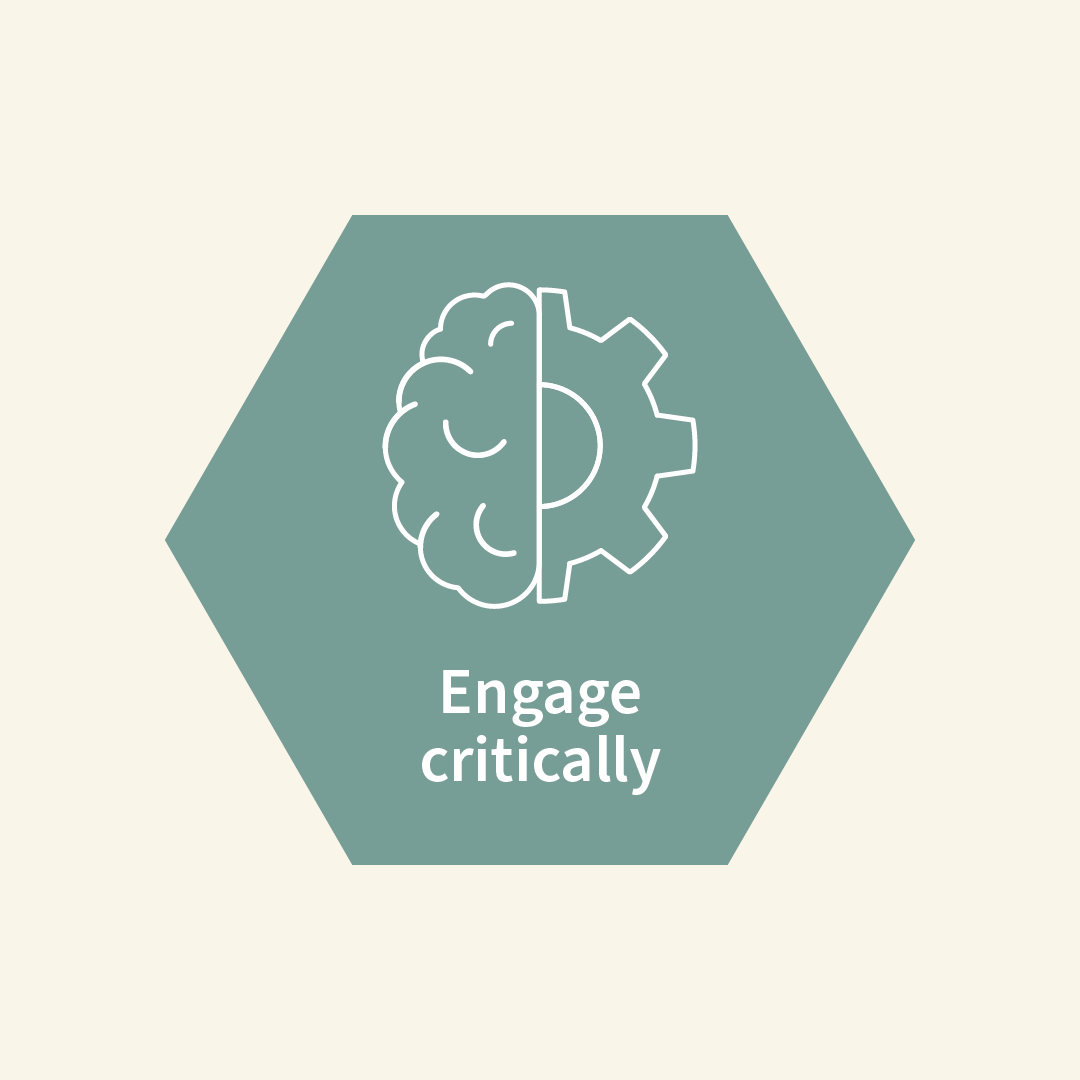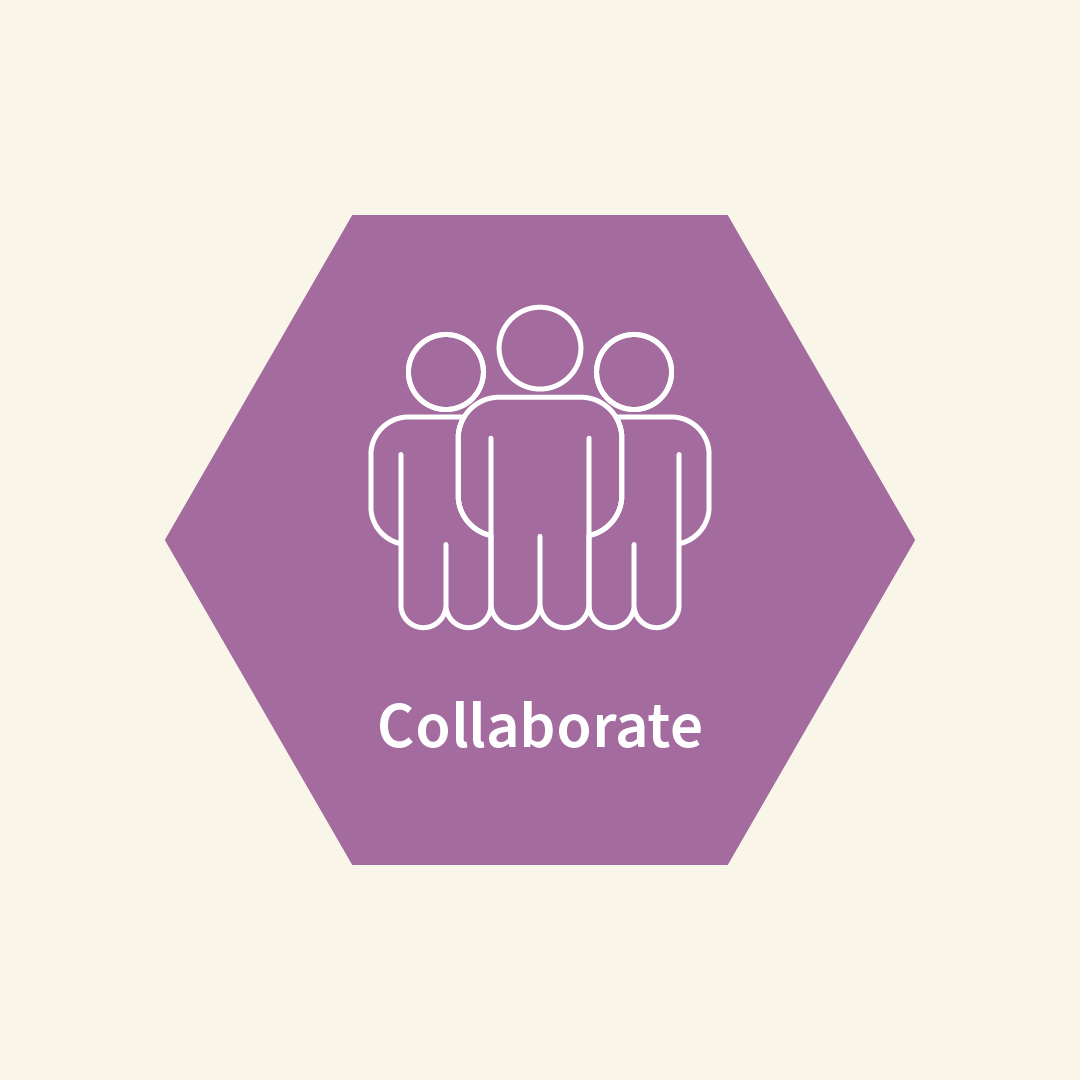
Innovate and problem solve
This Graduate Attribute is about being able to use your creativity and innovation skills to solve problems. This might take place within the context of your course, through work experience or as an entrepreneur. Problem solving, creativity and innovation are also key skills that employers look for.
How can you develop and demonstrate this attribute at Queen Mary?

- Solve problem sets
- Work in a group to solve problems / complete activities
- Complete experiments in the lab
- Develop solutions for product or system design
- Use AI to explore solutions
- Organise events or activities for a student society
How might this attribute be assessed or evaluated?
- Problem or case based learning
- Project work
- Group projects / tasks
- Interviews / assessment centres
What kinds of interview questions could I be asked that relate to this attribute?
- Give me an example of a time when you ran into a problem on a project. What did you do?
- Give me an example of a difficult problem you had to solve outside of your course. How did you approach it?
- Tell me about a time you worked through a problem as a team.
- Have you ever had a disagreement with a team member? How was it resolved?
- Give me an example of a time when you spotted a potential problem and took steps to stop it becoming one.
How can you use attributes and skills gained from your Queen Mary course, extra-curricular opportunities and work experience to answer these kinds of questions?
Case studies from our graduates
 My name is Semhar Misghina, and I recently graduated from Queen Mary University of London in Biomedical Engineering. I am currently starting a PhD programme at Queen Mary University of London that will explore the progression of atrial fibrillation using computational modelling. As I embark on my post-graduate journey, I appreciate the significance of effective communication in various formats and employing creative problem-solving approaches as vital graduate attributes. These attributes have facilitated a smooth transition to my PhD programme and allowed me to thrive in multidisciplinary research groups. Effective communication has helped me successfully express complex concepts and collaborate, while a creative problem-solving approach has been valuable in determining novel solutions to problems.
My name is Semhar Misghina, and I recently graduated from Queen Mary University of London in Biomedical Engineering. I am currently starting a PhD programme at Queen Mary University of London that will explore the progression of atrial fibrillation using computational modelling. As I embark on my post-graduate journey, I appreciate the significance of effective communication in various formats and employing creative problem-solving approaches as vital graduate attributes. These attributes have facilitated a smooth transition to my PhD programme and allowed me to thrive in multidisciplinary research groups. Effective communication has helped me successfully express complex concepts and collaborate, while a creative problem-solving approach has been valuable in determining novel solutions to problems.
The university's emphasis on real-world challenges provided multiple opportunities to employ my expertise and encouraged the development of innovative solutions.
Throughout my undergraduate programme, I had the opportunity to work on various group tasks, participate in problem-solving challenges, and interact with peers from various fields. The university's emphasis on real-world challenges provided multiple opportunities to employ my expertise and encouraged the development of innovative solutions. My advice to current students is to actively engage with multidisciplinary groups and participate in collaborative tasks. It is important to take advantage of internships and research initiatives that allow you to apply your abilities to real-world scenarios. These experiences will strengthen your skills and serve as practical examples for future employment or academic programmes.
Where can I find out more and access support?
Target Connect: skills development support from Queen Mary Careers
Queen Mary Student Consultancy Projects
Enterprise and Entrepreneurship support
Target Jobs: problem solving skills advice
Target Jobs: how to improve your problem solving skills


